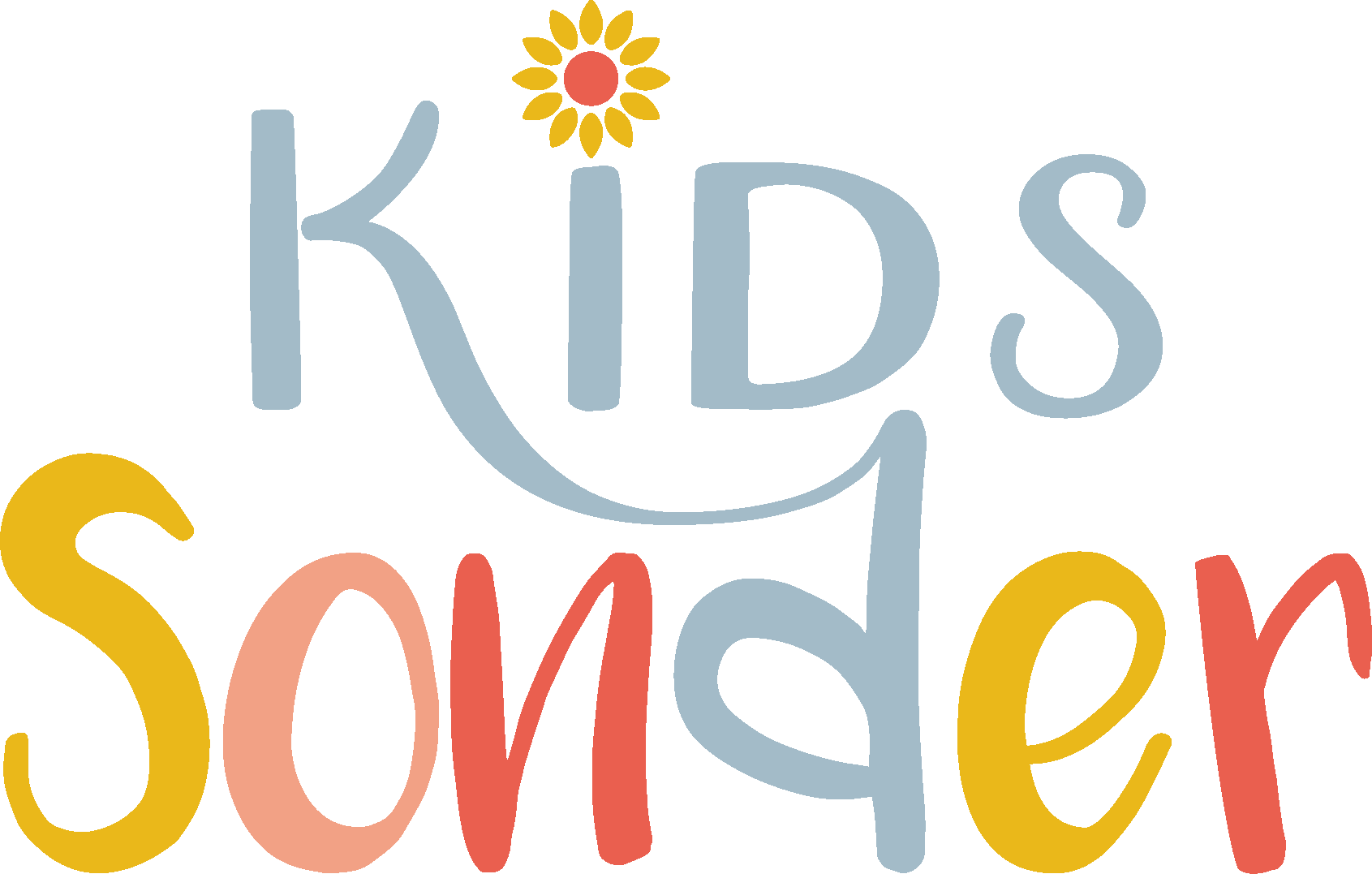June marks the beginning of summer and brings an abundance of opportunities to connect kids with agriculture, food, and the environment. With national celebrations highlighting everything from dairy to pollinators, June is a great month to get outside and explore where food comes from. Here are June’s national month, week, and day observances with activities and learning ideas designed for parents and educators.
National Month Themes
National Dairy Month
-
Celebrates the dairy industry and the nutritional value of milk and dairy products.
-
Activities and Learning Ideas:
-
Tour a local dairy farm or watch a virtual farm video.
-
Make homemade butter or ice cream and learn about milk processing.
-
Explore the anatomy and care of dairy cows and how these amazing cows turn food into milk.
-
National Fresh Fruit and Vegetables Month
-
Encourages healthy eating and appreciation for produce and the farmers who grow it.
-
Activities and Learning Ideas:
-
Start a fruit or vegetable taste test challenge with locally grown options.
-
Research how different fruits and vegetables are grown and harvested.
-
Create a rainbow produce chart and learn what nutrients each color provides.
- Go to a Farmer's Market and purchase in season produce from a local farmer.
-
National Iced Tea Month
-
Highlights iced tea as a refreshing drink and an opportunity to explore crop origins.
-
Activities and Learning Ideas:
-
Learn where tea plants grow and how leaves are harvested and dried.
-
Brew different types of iced tea and compare flavors. What makes the flavors different?
-
Discuss the global agricultural connections of tea and where the main tea production is located in the U.S.
-
National Week Themes
National Pollinator Week (Third Full Week of June)
-
Recognizes the importance of bees, butterflies, and other pollinators in agriculture.
-
Activities and Learning Ideas:
-
Build a bee hotel or plant a pollinator garden.
-
Research how pollinators help crops grow and what challenges they face.
-
Play a pollination relay game to simulate how bees collect and spread pollen.
-
National Days
World Milk Day (June 1)
-
Promotes awareness of dairy’s role in nutrition and sustainable agriculture.
-
Activities and Learning Ideas:
-
Compare milk from cows, goats, and plant-based alternatives.
-
Make a dairy-themed infographic showing its journey from farm to fridge.
-
Learn about dairy around the world—how it’s consumed and produced in other cultures.
-
National Olive Day (June 1)
-
Celebrates olives and their agricultural, culinary, and cultural significance.
-
Activities and Learning Ideas:
-
Research how olives are grown and processed into oil or pickled products.
-
Sample different types of olives and create a taste comparison chart.
-
Learn about Mediterranean agriculture and the climates where olives thrive.
-
National Egg Day (June 3)
-
A day to appreciate eggs and their versatility in meals and agriculture.
-
Activities and Learning Ideas:
-
Try an egg drop experiment to explore engineering and protective packaging.
-
Study the anatomy of an egg and how hens produce them.
-
Make a simple dish like scrambled eggs or deviled eggs while discussing food safety.
-
National Cheese Day (June 4)
-
Highlights the value of cheese as a dairy product and cultural food staple.
-
Activities and Learning Ideas:
-
Explore the cheese-making process from milk to finished product.
-
Sample cheeses from different regions and discuss their origins.
-
Create a mini cheese charcuterie board and label each cheese with its tase and companion (paired) food.
-
National Insect Appreciation Day (June 8)
-
Recognizes the beneficial roles insects play in ecosystems and agriculture.
-
Activities and Learning Ideas:
-
Observe insects in a garden and record their behaviors.
-
Create a “good bug/bad bug” chart to learn about pest control in farming.
-
Design insect-inspired art or posters promoting their importance.
-
National Corn on the Cob Day (June 11)
-
A celebration of fresh summer corn and its agricultural roots.
-
Activities and Learning Ideas:
-
Explore the parts of a corn plant and how corn is grown.
-
Create a corn art project using kernels, husks, or silk.
-
Cook corn on the cob and learn about sweet corn vs. field corn.
-
National Eat Your Vegetables Day (June 17)
-
Encourages kids and families to try more veggies and learn where they come from.
-
Activities and Learning Ideas:
-
Host a veggie-themed tasting event or picnic.
-
Make a map showing where favorite vegetables are grown in the U.S.
-
Read a farm-to-table storybook featuring vegetables.
-
Summer Solstice/First Day of Summer (Around June 20-21)
-
Marks the start of summer and a great time to explore outdoor agriculture.
-
Activities and Learning Ideas:
-
Track sunlight and discuss how it affects plant growth.
-
Plan a garden scavenger hunt based on plant parts or stages of growth.
-
Learn how seasonal changes affect farming practices.
-
National Soil Health Day (June 23)
-
Raises awareness of the importance of healthy soil for farming and ecosystems.
-
Activities and Learning Ideas:
-
Conduct a soil texture test using jars, water, and dirt samples.
-
Learn about composting and its benefits for soil structure.
-
Explore soil layers and organisms with a soil profile craft.
-
Wrapping Up
June offers a full menu of food and farm-related themes to keep kids learning and having fun. Whether you're digging into dairy, planting pollinator gardens, or tasting summer veggies, the month is packed with ways to celebrate and explore agriculture. Let us know which June activity becomes your favorite!






